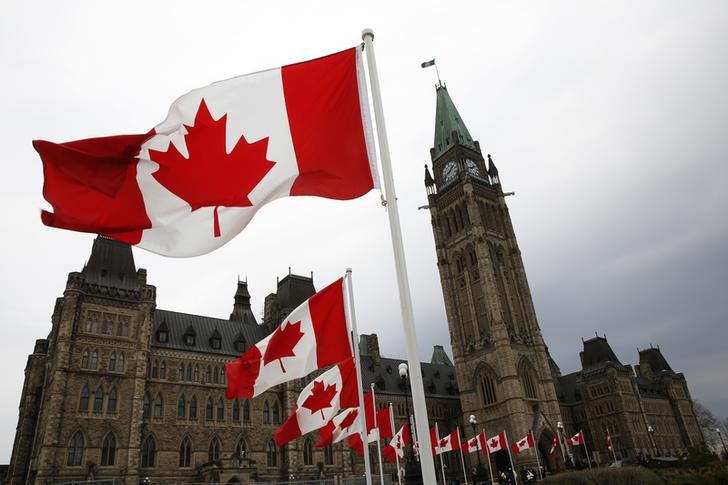By Ketki Saxena
Investing.com – The most important stories in Canadian economics you may have missed last week
- In the wake of the SVB and regional bank collapse, Canadian banking regulator, the Office of the Superintendent of Financial Institutions (OSFI) announced it’s taking permanent control of Silicon Valley Bank’s Canadian assets in order to protect creditors. Finance Minister Chrystia Freeland also met with OSFI’s superintendent Peter Routledge, to safeguard the security of domestic institutions. “Significant structural and regulatory safeguards are already in place in Canada,” Adrienne Vaupshas, Freeland’s spokesperson, said by email Monday evening. “The government wants to assure Canadians our financial institutions are stable and resilient.
- Statistics Canada said the ratio of household debt to disposable income improved in the fourth quarter. Household credit market debt as a proportion of household disposable income edged down to 180.5% in the fourth quarter, compared with 184.3% in the third quarter. The reading means there was $1.81 in credit market debt for every dollar of household disposable income. A report by RBC (TSX:RY) economists noted that the ratio is expected to increase over the coming two quarters, and rise “To record levels by the second half of this year” as more fixed rate mortgages payments reset on contract renewal.
- The Teranet–National Bank National Composite House Price index, which measures prices in 11 major Canadian metropolises, showed that home prices fell 0.3% in February from January. The increase compared to a1.1% decrease recorded in January over December. Year over year, home prices were down 4.7%. This index typically lags realtor sales data by a few months.
- A separate report from the Canadian Real Estate Association showed the MLS Home Composite Index dropped 1.1% in February month over month, to $704,300 , the smallest month-to-month decline since last March. Year over year, the index was down 15.8%. The report noted that the average price for a home in the greater Toronto Area stood at $1,095,637, while in Vancouver average home prices stood at $1,219,919.
- Statistics Canada reports that prices of products manufactured in Canada, as measured by the Industrial Product Price Index (IPPI), declined 0.8% month over month in February and rose 1.4% year over year. Prices of raw materials purchased by manufacturers operating in Canada, as measured by the Raw Materials Price Index (RMPI), decreased 0.4% on a monthly basis in February and were down 5.2% year over year. The data augurs positively for next week’s CPI release, indicating a sharp slowdown in input price pressures. Economists are expecting next week’s Consumer Price data to cool to 5.4% in February, down from 5.9% in January.
